Catering wholesaler DeliNova on Curaçao is truly a one-stop shop for all catering establishments on the island. "We supply everything the chef and cleaner need," says director Ramon Oudhaarlem. However, the fresh produce segment remains the most significant part of the business, which serves around 400 restaurants on the island. "Twice a week, we fly in our dairy, fruit, and vegetables, and we also receive two to three containers from the Netherlands every week," Oudhaarlem explains. While some products require price adjustments to cover the high air freight costs—sometimes as high as three to four euros per kilo—the wholesaler accepts this to provide a complete range. "Saying no to a customer is worse."
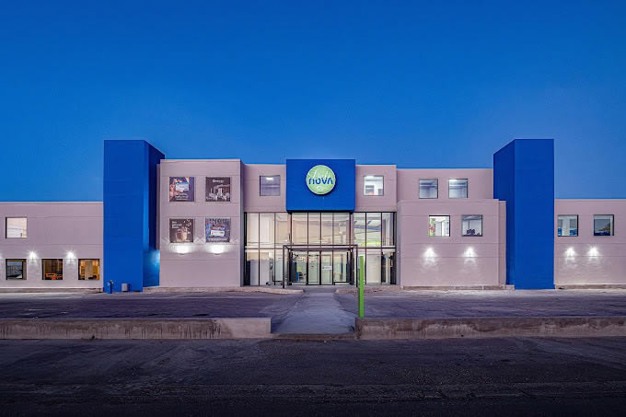
According to the director, flight availability isn't the main challenge. "The struggle is more about ensuring your shipment gets on the right flight." Products like carrots and oranges are sourced primarily from the U.S. port of Miami, while many other items come from the Netherlands. "Every week, we receive about two to three containers from Rotterdam. While the five-day transit time from the U.S. is appealing, transport costs are much higher. From the Netherlands, containers take 15 to 17 days to arrive, but thanks to nitrogen-controlled containers, the products' shelf life remains perfect."
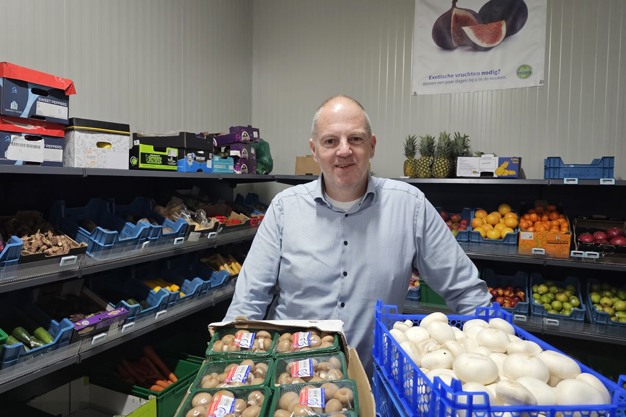
Ramon Oudhaarlem
Chilean grapes via Rotterdam to Curaçao
This means even products like Chilean grapes are shipped to Curaçao via Rotterdam, as is Chilean fish. "It seems counterintuitive, but if I fill a container in Chile and ship it through Rotterdam, it's cheaper and, surprisingly, faster," Ramon notes. Other products, such as blueberries from Colombia and items from Venezuela, are flown in directly. "We diversify our sourcing, but the Netherlands is our preferred supplier. We work closely with Meeder Fresh for this. For example, I source all strawberries from the Netherlands. American strawberries may look perfect, but taste matters too, and Dutch strawberries are unmatched in that regard." The wholesaler also supplies cruise ships, although most of those sales are handled through brokers. "Cruise lines load most of their goods in Miami, but I see potential in this segment as more companies seek alternative suppliers. If we can collaborate effectively with Meeder, we'll pursue those opportunities."
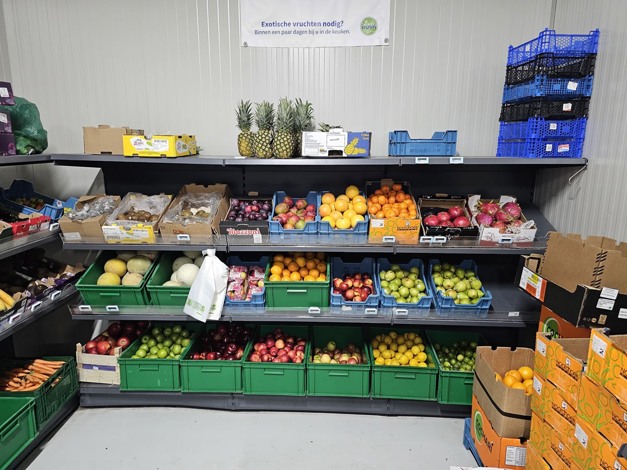
Vegetables gaining wider acceptance on the plate
Unlike Dutch cuisine, vegetables do not yet play a prominent role on plates in Curaçao. "You really have to ask for them here," says Ramon. "Historically, local vegetables were often expensive, so parents told children they weren't healthy. This left a gap in dietary education for many. Thankfully, vegetables are now becoming more accepted. The most common locally grown vegetables are onions, eggplants, green peppers, and cucumbers. These are prohibited from being imported to the island. I also don't foresee greenhouses becoming widespread here; refrigeration costs are simply too high."
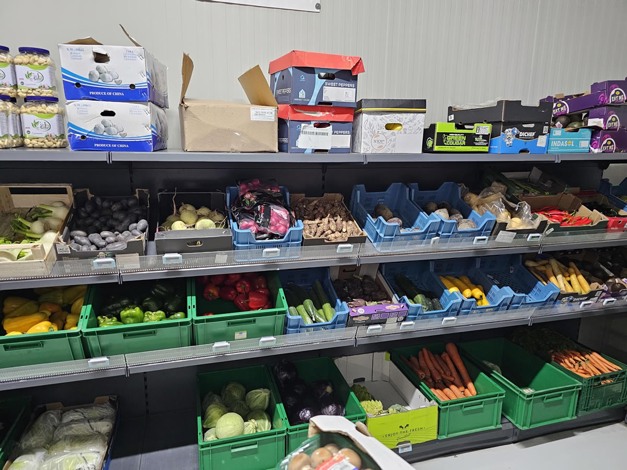
Although vertical farming and other cultivation initiatives are emerging in Curaçao, Ramon is skeptical about their ability to compete with imported products' pricing. "For a crop like iceberg lettuce, the amount of cold water needed makes it unaffordable here. Additionally, specialty lettuces like mesclun, arugula, and baby spinach, which are popular, are not grown locally. While I applaud these local initiatives, I'm uncertain whether they'll gain a strong foothold. For instance, we had a grower producing Dutch cucumbers in a greenhouse. It started well, but when he faced disease pressure, he switched to cherry tomatoes. I'd love to see a return to local Dutch cucumber production."
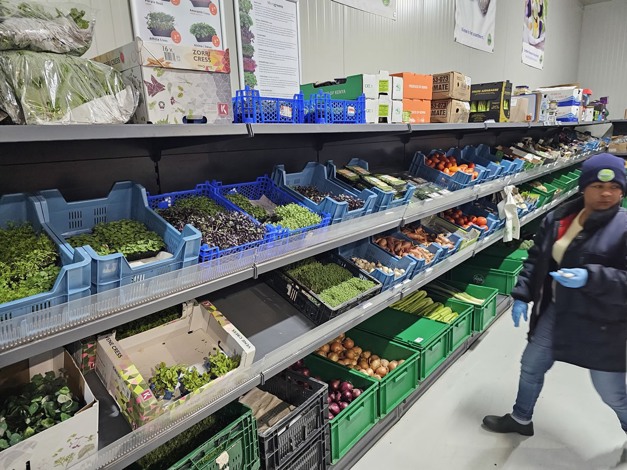
Beyond Curaçao, DeliNova, owned by Berry Wouters, also operates branches in Aruba and Bonaire. "In Aruba, it's more of a delicatessen wholesale operation. On Bonaire, DeliNova runs a smaller-scale wholesale business supplied from Curaçao," Ramon says. He describes the competition in Curaçao as fierce. "People say if you can make it here, you can make it anywhere. The island has just 150,000 residents, but competition is intense because people from all nationalities have established businesses here. What truly sets us apart is our focus on freshness, with in-house fresh produce, poultry, and fish departments. We also roast our own nuts and bake the best bread. Additionally, our customer service is among the best on the island. Every day, we send our 14 delivery vehicles out twice across the island to serve all types of clients, from high-end establishments to local restaurants."
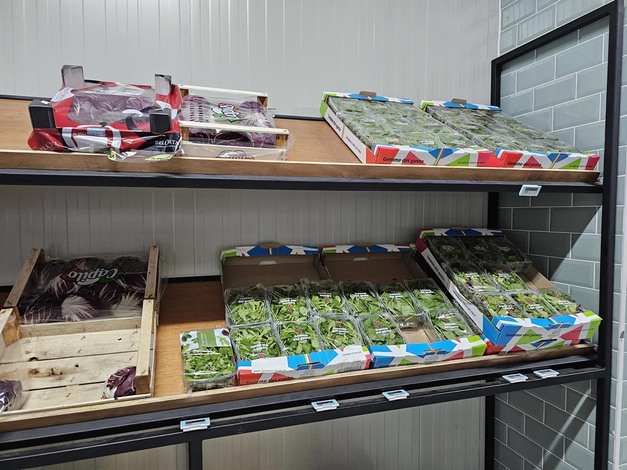
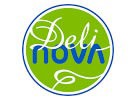 For more information:
For more information:
Ramon Oudhaarlem
DeliNova B.V.
Kaminda André J.E. Kusters 3
Zeelandia, Curaçao
Tel: +5999 846 6000
[email protected]
www.deli-nova.com
